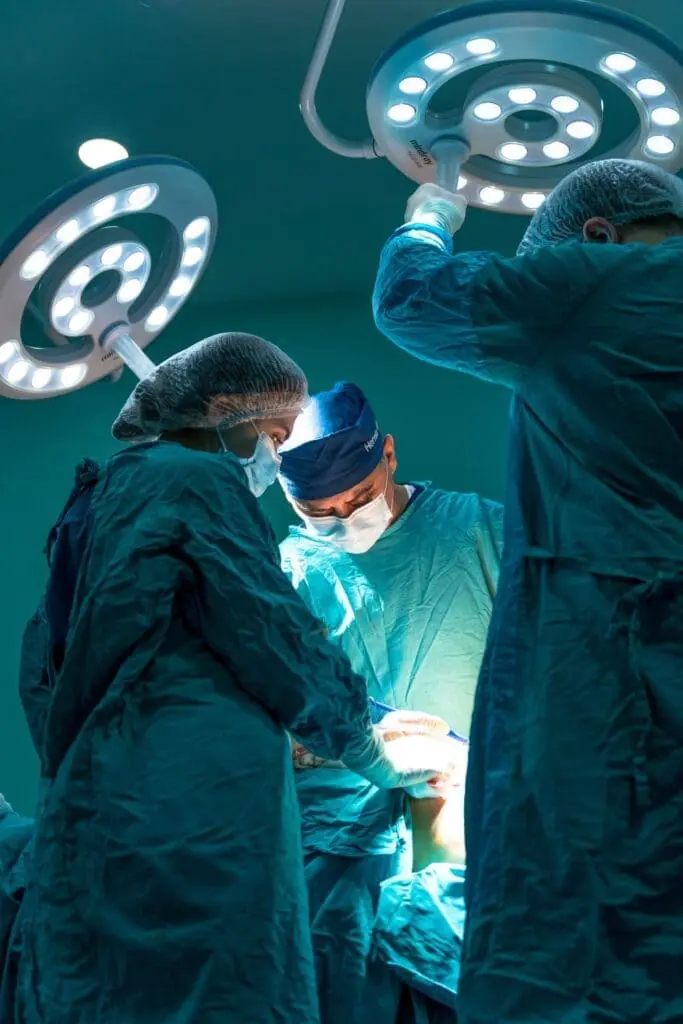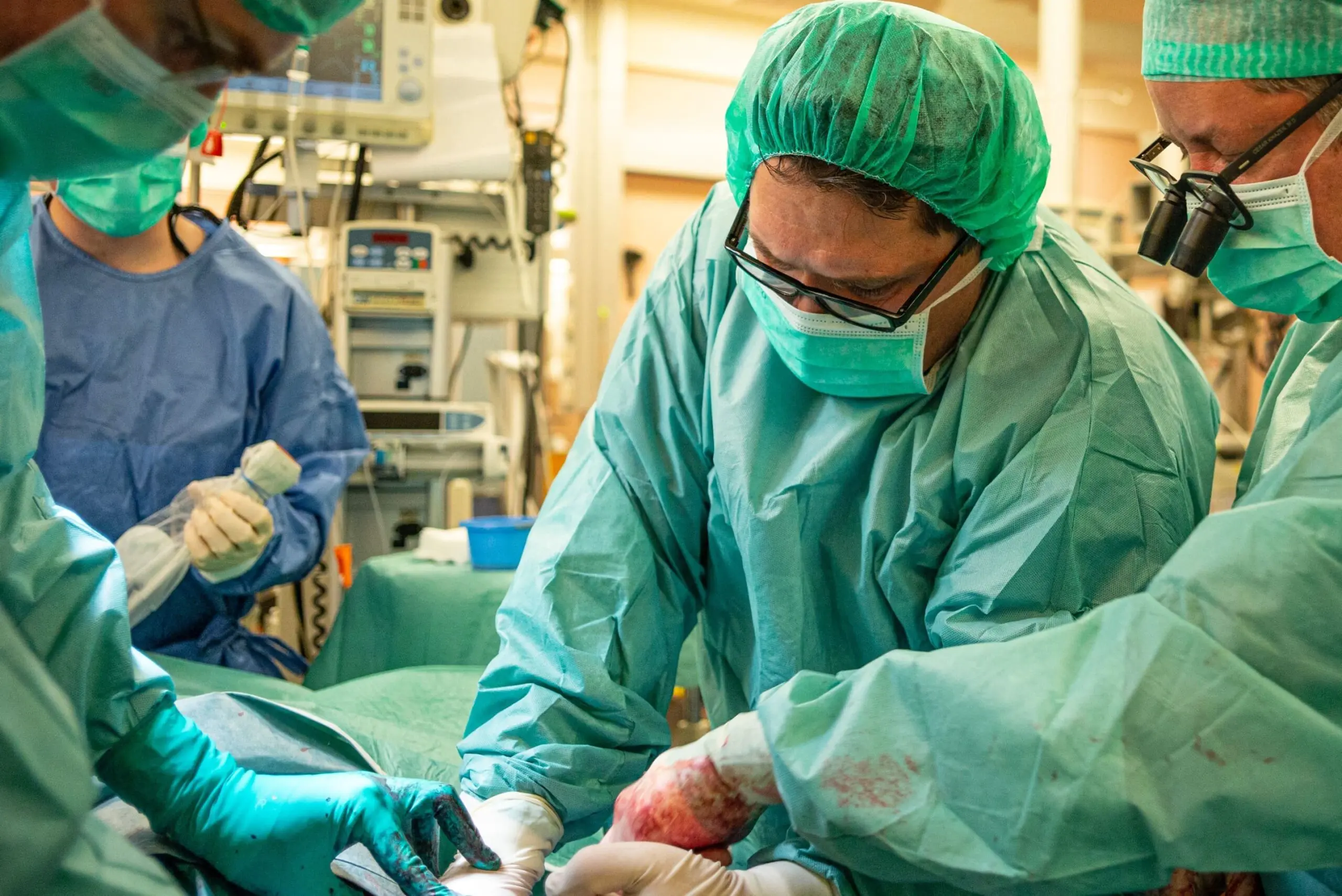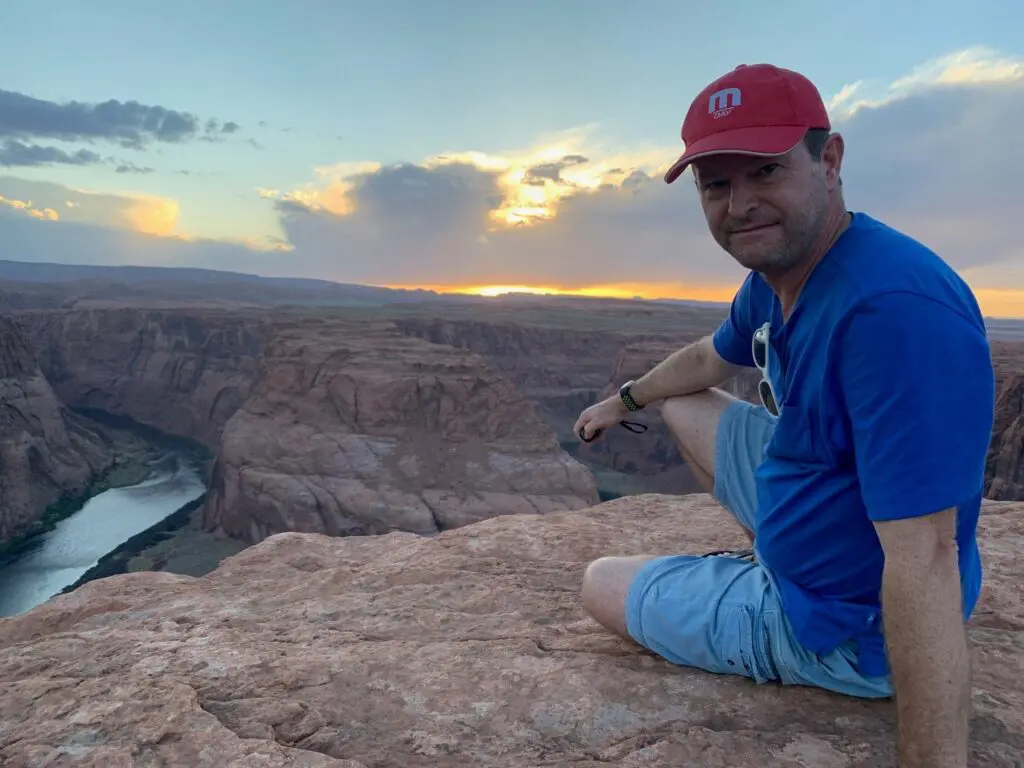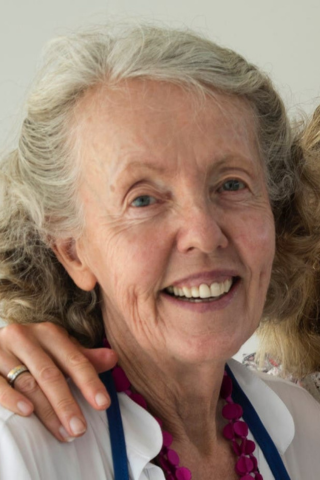

Support Tick-Borne Disease Research in Australia
Help us tackle the growing crisis of tick-borne disease and provide our patients with the treatment they deserve.
Historically, Australia hasn’t been heavily involved in tick-borne disease research, as the ticks responsible aren’t endemic to the country. Our researchers are looking to change that, and by using the latest and greatest technology, they hope to solve one of medicine’s trickiest problems.
Tick bites pose a conundrum because although the majority of them are relatively harmless, some can lead to the onset of a severe illness. These tiny creatures can serve as vectors for all sorts of harmful pathogens such as viruses, bacteria, and even parasites. Unlike mosquitoes, ticks will stay attached to their hosts for prolonged periods, drastically increasing the likelihood of transmitting a disease.
The Northern Sydney Local Health District (NSLHD) is pioneering novel research into both the diagnosis and treatment of these conditions. With the help of the community, we can support tick-borne disease research and provide patients with a tried and tested treatment protocol.
Every tick-borne research donation helps bring together our brightest and best minds to answer the most difficult questions.
Lilli, Janet & Chaya’s journeys
For years, Lilli, Janet, and Chaya battled relentless fatigue, pain, and uncertainty after being bitten by a tick – searching for answers but finding none. Their health declined, their energy vanished, and life as they knew it came to a halt. Everything changed when they joined a groundbreaking tick-borne disease research study at Royal North Shore Hospital. Through this program, they finally received the treatment they so desperately needed – treatment that gave them their lives back. Now thriving and active once more, they are fierce advocates for awareness, determined to share their stories so others can find help sooner.
Lilli’s Story
Janet’s Story
Chaya’s Story
Advancing research and diagnostics for tick-borne diseases in Australia
In Australia, our understanding of tick-borne diseases is limited, as monitoring for these conditions typically only occurs under specific circumstances, such as with tick typhus or spotted fever. This challenge is further compounded by the limited availability of diagnostic tests, meaning that potential tick-borne diseases are often either not recognised or misdiagnosed initially.
Our research team is undertaking a pioneering clinical research program, with patients at the centre of the study. Through this program, we aim to:
Focus on data and sample collection to support research and diagnostic development
Gain insights from relevant medical professionals, healthcare providers, and communities
Establish a preferred diagnostic pathway for patients in Australia
Develop validated diagnostic tests for tick-borne diseases
Develop a holistic, multi-disciplinary care approach for patients
Raise awareness and provide education to both the general public and medical/allied health professionals
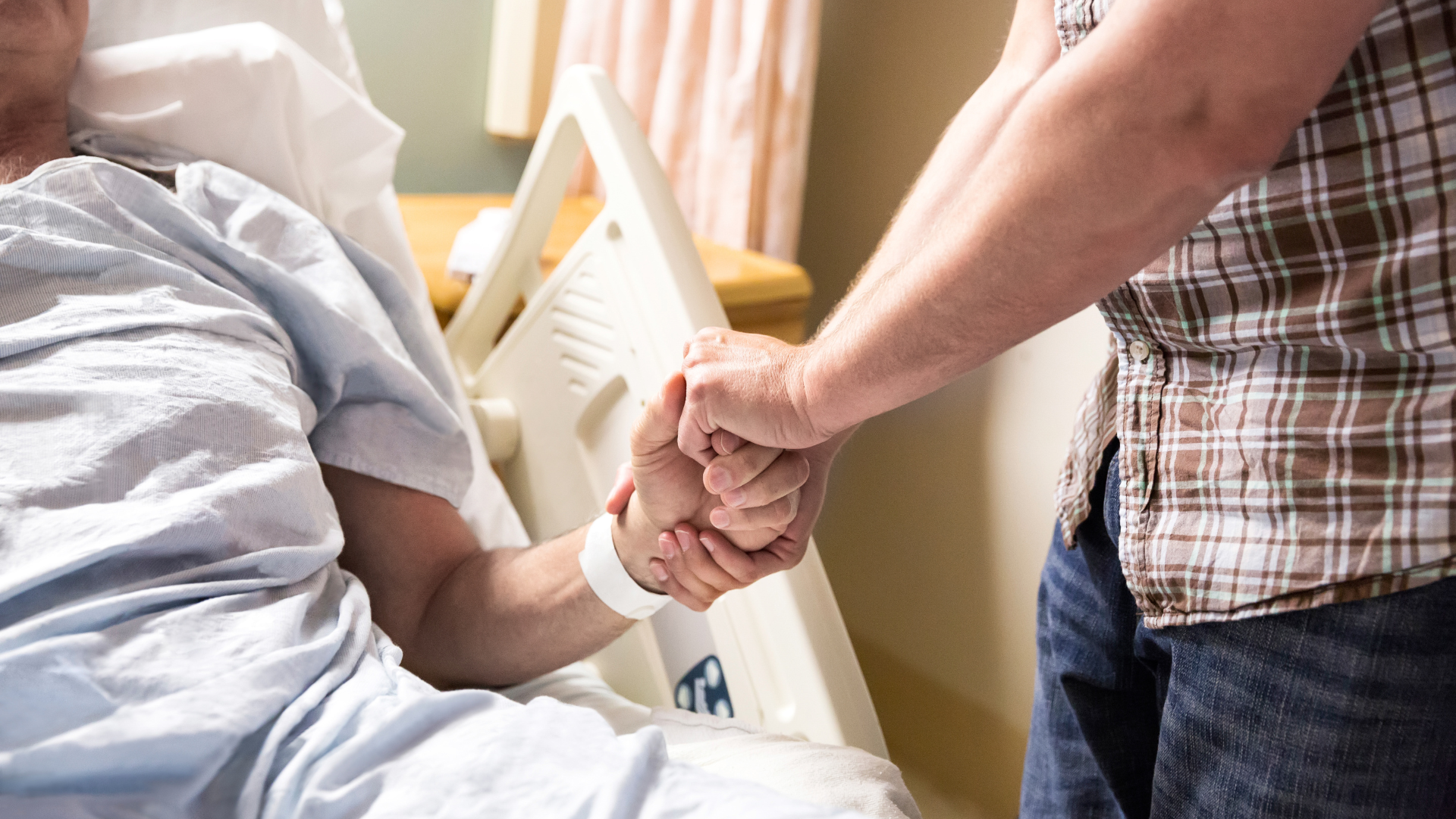

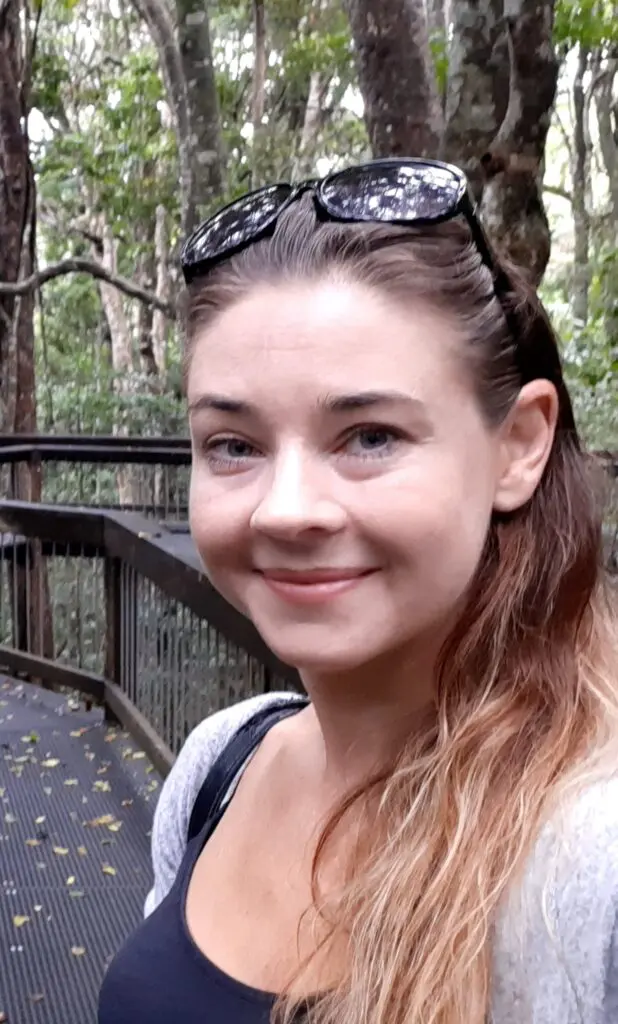
“It is an invisible illness that others cannot see and often do not believe exists.
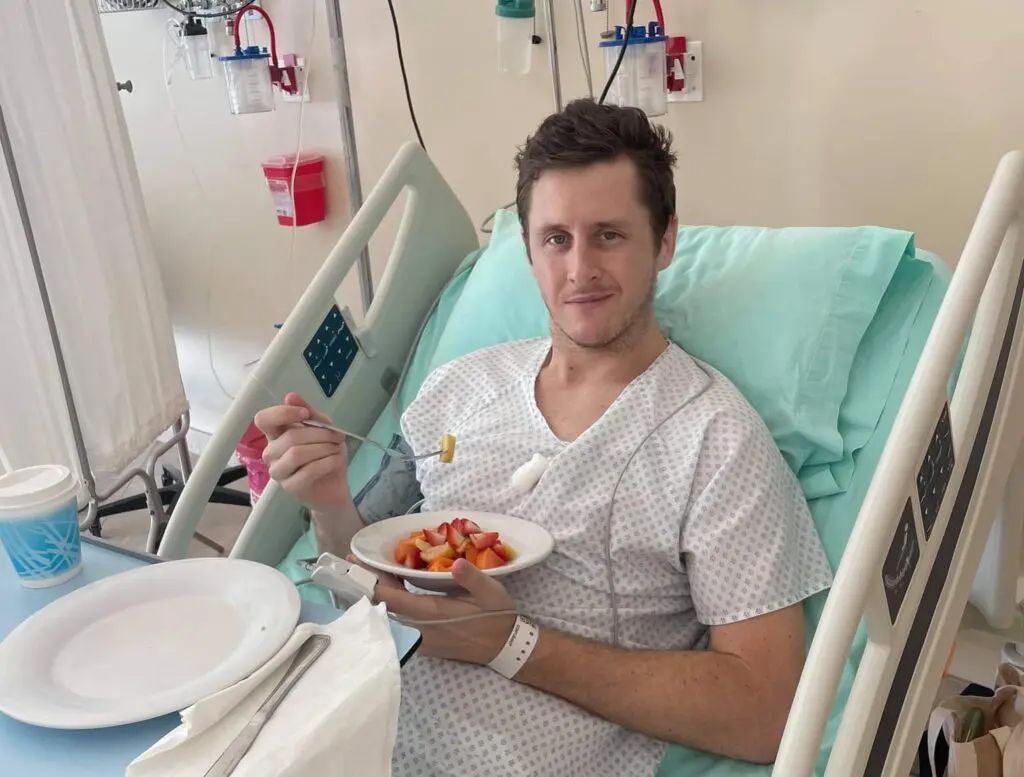
“I’ve been seeing improvements in how I feel since joining the study at Royal North Shore Hospital under Dr Richard and Dr Bernie and for that, I’m very grateful.”
First-of-their-kind clinical trials
There is currently a significant gap in our collective understanding of how to identify and treat tick-borne diseases. Unfortunately, this means that our healthcare facilities are ill-equipped to treat some of the more severe cases that they face.
This is why we’re spearheading a novel clinical trial that will actively monitor every aspect of a tick-borne disease patient’s experience. To begin with, 80 people will be enrolled on the program based on either their medical history or a referral from a specialist.
By conducting the most comprehensive study ever carried out in Australia, we’re hoping to establish new diagnostic markers, develop new treatments and create a rigorous clinical care protocol.
The research program can be broken down into 4 distinct stages:
Stage 1: Patients provide us with a variety of clinical samples, which will subsequently be examined using a pair of diagnostic kits. One of these kits will be supplied by the global industry leader, while the other will be taken directly from Australian hospitals.
Stage 2: The results from each of the diagnostic kits will be compared and contrasted with one another. This will provide the Australian healthcare system with invaluable information about the state of testing in our healthcare facilities.
Stage 3: The genetic information from each of the samples will be analysed by a team of Australia’s leading bioinformaticians. By identifying the site of the human genome that is linked to the spread of the disease, our researchers will be able to understand what microbes are causing it.
Stage 4: By monitoring a variety of biomarkers, the research team will establish how the cellular activity of a tick-borne disease patient differs from the rest of the population. This will provide healthcare facilities across the country with new ways to manage and control symptoms.

Why Support Tick-Borne Research
Our research will inform and provide evidence to support the creation of medically appropriate treatment options and ultimately the creation of clinical treatment guidelines for patients in Australia.
Frequently Asked Questions
No, Lyme disease is a specific type of tick-borne disease caused by a bite from a tick carrying borrelia bacteria, while tick-borne diseases can be caused by various bacteria, viruses, or parasites carried by ticks.
This is a hot topic of debate within Lyme disease research centres, as there’s currently no definitive evidence of locally acquired Lyme disease, but people can still contract it overseas.
More Lyme disease research is required for this question to be answered.
In Australia, efforts to combat Lyme disease include research into its diagnosis and treatment, public awareness campaigns on tick prevention, and discussions within the medical community about the disease’s presence and management. |
We need to support Lyme research if we are to make significant progress with this disease.
Choosing to donate to tick-borne disease research will help fund studies to understand, diagnose, and treat these diseases, potentially saving lives and improving health outcomes.
The treatment recommended by a tick-borne disease Australia specialist will depend on the specifics of the disease and patient, but some of those typically used include antibiotics for bacterial infections and supportive care for viral conditions.
Currently there are a number of patients who are affected by the debilitating symptoms linked with tick-borne disease including but not limited to nausea, muscle or joint pain, body aches, stiffness, headaches, trouble thinking clearly and swollen lymph nodes. Members of this affected community, their healthcare providers and supporters believe that these symptoms and the illness may be chronic tick-borne illness. However, given the lack of recognition in Australia by both the government and stigmatisation by most conventional medical practitioners regarding this illness, patients are often left with limited diagnostic and treatment options for their debilitating symptoms.
